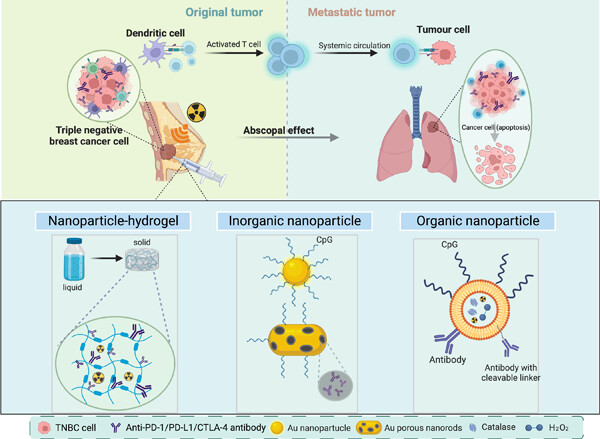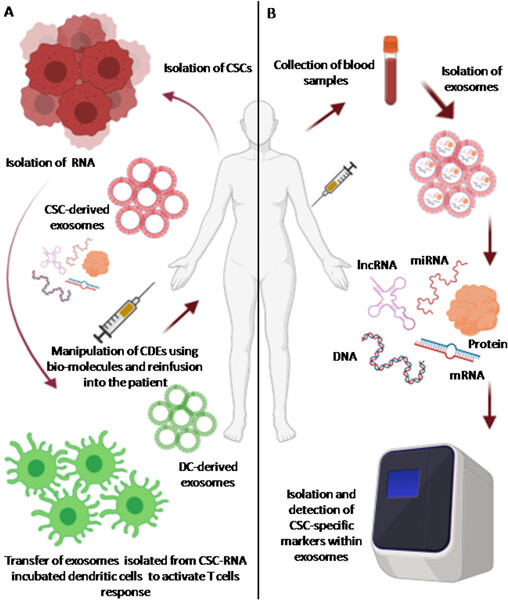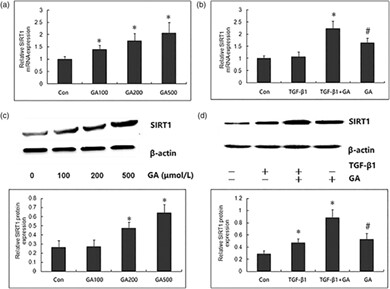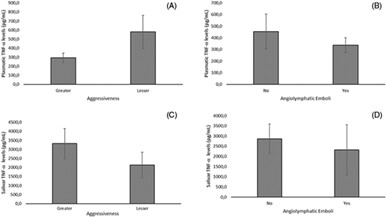Journal list menu
Export Citations
Download PDFs
REVIEW ARTICLES
Nanobiotechnology-mediated radioimmunotherapy treatment for triple-negative breast cancer
- First Published: 14 March 2023
REVIEW ARTICLE
Nonviral vector system for cancer immunogene therapy
- First Published: 29 June 2022
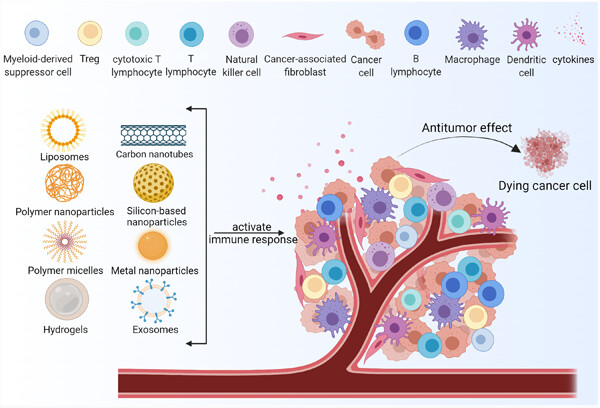
Immunogene therapy has become an effective and significant clinical strategy for cancer therapy. Enhancing the response rate to immunogene therapy is significant to controlling side effects and improving efficacy. Improved nonviral vectors combined with immunogene therapy efficiently deliver genes to the desired tumor cells and activate immune response to fight tumors while alleviating adverse reactions, which is a promising treatment approach for cancer.
REVIEW ARTICLES
Exosome-based cancer stem cell communication: Implication for detecting and eliminating cancer stem cells
- First Published: 27 November 2022
REVIEW ARTICLE
Mechanism and application of nonessential amino acid deprivation associated with tumor therapy
- First Published: 05 August 2022
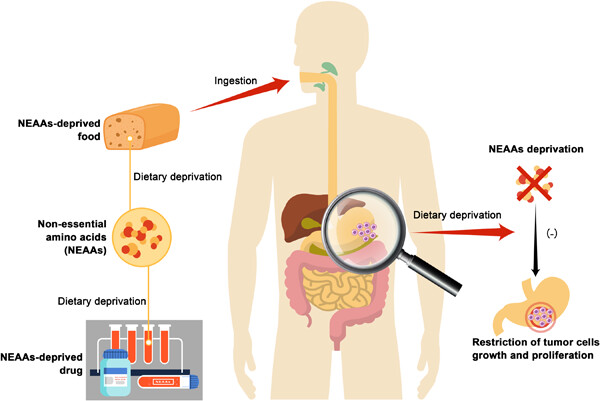
Nonessential amino acid (NEAA) deprivation in tumor therapy. Related studies have confirmed in cells and animal models that either increase or decrease of NEAAs can limit the growth of tumor cells. Therefore, here we summarize the possible mechanism and potential applications of NEAAs in diet deprivation therapy, which may provide a direction for the future application in cancer treatment.
REVIEW ARTICLES
Fatty acids in cancer: Metabolic functions and potential treatment
- First Published: 10 March 2023
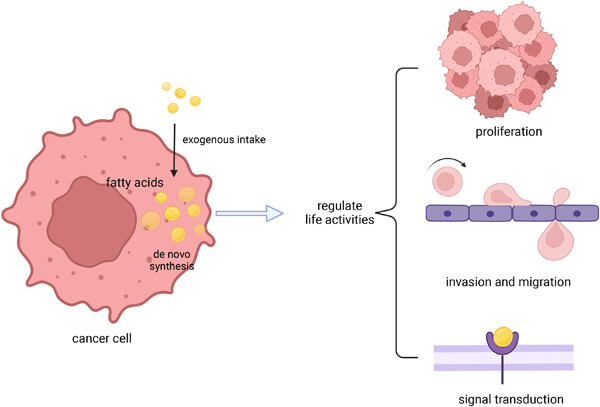
Fatty acids in cancer cells are derived from cellular synthesis and extracellular uptake. Fatty acids are extensively reprogrammed in cancer cells and regulate life activities, including supporting cell growth as energy, influencing cell movement as components of membrane structure, and regulating signal transduction as signaling molecules. Focusing on the role of fatty acids in tumor cells is helpful to find new strategies for tumor treatment.
New era for emerging therapeutic targeting human epidermal growth factor receptor 3 (HER 3) in advanced nonsmall cell lung cancer and metastatic breast cancer
- First Published: 15 December 2022
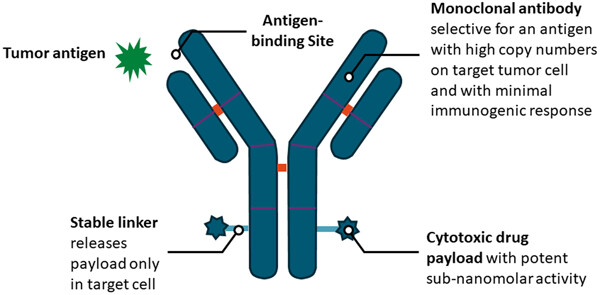
Human epidermal growth factor receptor 3 (HER3) overexpression represents a negative prognostic biomarker associated with poor survival. Targeting HER3 has shown some promise in early phase trials in both nonsmall cell lung cancer and metastatic breast cancer in heavily pretreated patients with varying degrees of response. Identifying a predictive biomarker will aid to better select patients that will respond to treatment.
RESEARCH AND REVIEWS
Research
Long term risk of distant metastasis in women with non-metastatic breast cancer and survival after metastasis detection: a population-based linked health records study
- First Published: 20 August 2022
Screening outcomes by risk factor and age: evidence from BreastScreen WA for discussions of risk-stratified population screening
- First Published: 09 August 2021
RESEARCH ARTICLES
Withaferin A inhibits breast cancer-induced osteoclast differentiation
- First Published: 17 April 2023
ORIGINAL ARTICLES
Gambogic acid inhibits epithelial–mesenchymal transition in breast cancer cells through upregulation of SIRT1 expression in vitro
- First Published: 05 April 2022
Salivary and plasmatic levels of tumor necrosis factor-alpha do not correlate with the clinicopathological profile in breast cancer patients
- First Published: 13 October 2022
Assessment of dose-volume histogram statistics using three-dimensional conformal techniques in breast cancer adjuvant radiotherapy treatment
- First Published: 22 September 2022
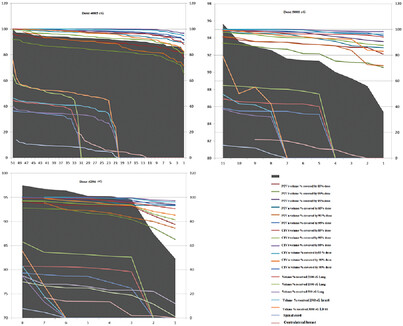
Breast cancer (BC) is first of the top 10 malignancies in Iraq, accounting for one-quarter of female cancers worldwide. Dose-volume histogram (DVHs) is most commonly used as a plan evaluation tool. This study aimed to assess of DVH statistics using three-dimensional conformal radiotherapy in BC in an adjuvant setting and to analyze DVH for all organs at risk on a per-patient basis (Table S1). A retrospective study reviewed of 70 women who were histologically confirmed and diagnosed with BC. The treatment plan used for each woman was based on analysis of the volumetric dose, including DVH analysis. The mean age of the women was 50.97 ± 11.34 years. The planning target volume and clinical target volume coverage for tumors at V85% were better than V90% and V95%, with a high significant difference (p < 0.0001). The planning target volume and clinical target volume coverage for lymph nodes at V85% were higher than V90% and V95%, with no significant differences. To our knowledge, this is the first study conducted in Iraq to discuss the assessment of DVH statistics in BC. Better coverage of the chest wall was obtained at V85%, and the lowest coverage at V95%. Better coverage of lymph nodes was obtained at V85%, and the lowest coverage at V95% with no significance.
REVIEW
Radiotherapy of early-stage breast cancer
- First Published: 29 January 2023
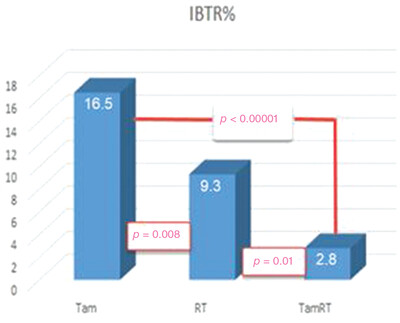
Breast cancer is the most prevalent disease for women. With the advances in breast cancer screening, most breast cancers are now diagnosed in the early stage. With the knowledge of different subtypes and their behavior, breast cancer treatment has become more individualized. Radiation therapy as one of the mainstays of breast cancer treatment has also been evolving. This review attempts to provide a summary of the most influential clinical studies that have driven the technological advances in radiation therapy for early stage breast cancer.
ORIGINAL ARTICLES
miR-92a-3p promotes breast cancer proliferation by regulating the KLF2/BIRC5 axis
- First Published: 13 September 2022
Molecular profiles of single circulating tumor cells from early breast cancer patients with different lymph node statuses
- First Published: 21 November 2022
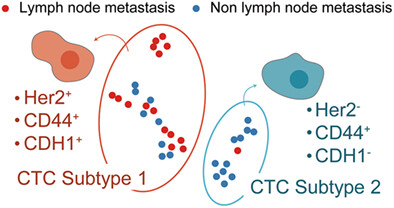
Circulating tumor cells (CTCs) were clustered into two subtypes significantly correlated with the lymph node metastasis status of early breast cancer patients. Patients with lymph node metastasis have CTCs that express an epithelial/stem-like pattern of metastasis initiating cells, while those patients without lymph node metastasis have CTCs that have a mesenchymal signature. The present study dissects the molecular characteristics of CTCs from early-stage breast cancer, providing novel insight into the understanding of CTC behavior in breast cancer metastasis.
COMMENTARY
Pooled analyses of randomized controlled trials on pyrotinib plus capecitabine and a rethink of the first-line options for HER2-positive relapsed or metastatic breast cancer
- First Published: 14 July 2022
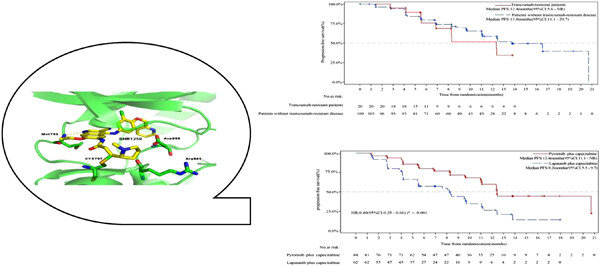
This pooled analysis explored the possibility and potential of pyrotinib plus capecitabine as a first-line regimen in relapsed or metastatic HER2-positive breast cancer patients who received prior adjuvant or neoadjuvant chemotherapy with trastuzumab and discussed the potential treatment options for these patients, especially for the patients relapsed during or within 6 months after adjuvant trastuzumab.
REVIEWS
Advances in medical treatment of breast cancer in 2022
- First Published: 21 February 2023
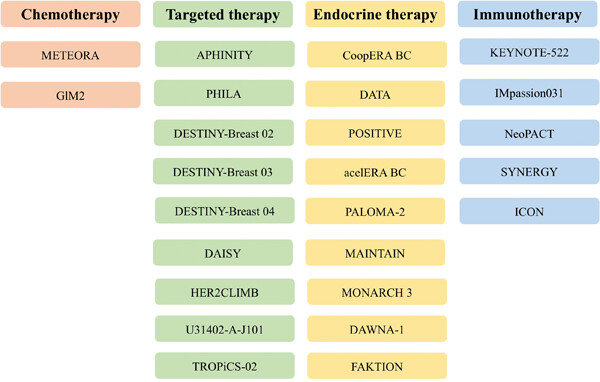
This article summarizes the annual progress of breast cancer chemotherapy, targeted therapy, endocrine therapy and immunotherapy in 2022, providing valuable information for future research to better guide individualized treatment of breast cancer, thereby improving the prognosis and quality of life of breast cancer patients.
ORIGINAL ARTICLES
TRPS1 outperforms GATA3 in pleural effusions with metastatic breast carcinoma versus mesothelioma
- First Published: 25 April 2023




